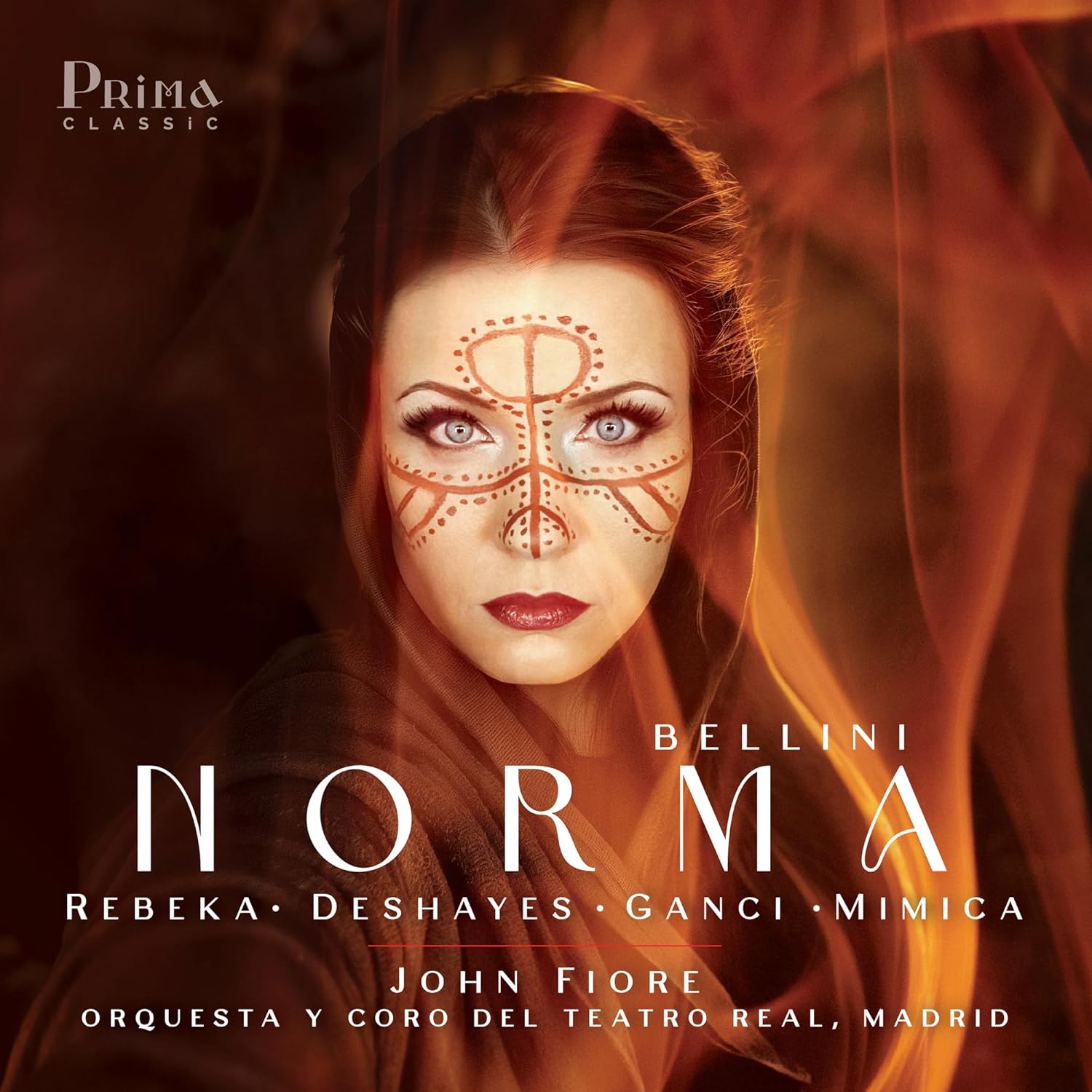
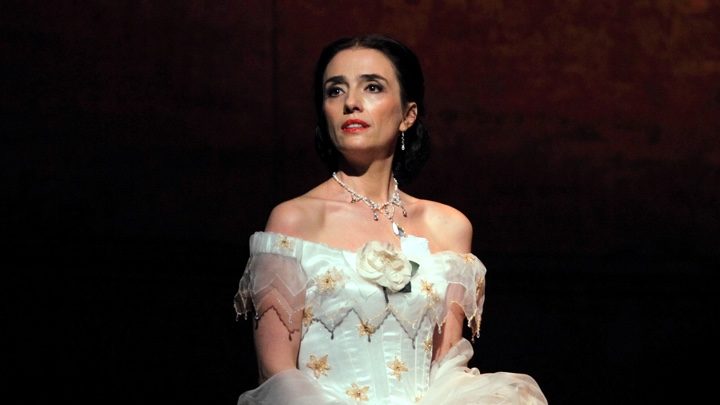
About a year later Opus Arte, which is the video arm of the Royal Opera Covent Garden, released Madama Butterfly with Ms. Jaho and I quickly snatched it up for review on these pages. She triumphed there in spite of a production that has overstayed its welcome.
Richard Eyre’s production of Traviata was mounted for its 16th revival again for Ms. Jaho last January and we’re (mostly) lucky they decided to broadcast it “Live in Cinemas” and then release it commercially. Heretofore the only document of this soprano’s Violetta was from a performance five years ago, also released by Opus Arte, from the Arena di Verona.
The thought of which makes me shudder for a number of reasons not the least of which is Verdi’s essentially three-character drama played out on a football field. I can only imagine the costumes. So I was quite excited when this Blu-ray appeared in my mailbox and it was whizzing away in my player within minutes accompanied by a very nice pinot grigio.
When this production debuted in London in 1994 it was Eyre’s first time producing opera. He had Sir Georg Solti in the pit conducting his first Traviata (and how that could be possible after nearly 40 years in the business is staggering). Plus it was the introduction, on the world stage, of the beloved (at the time) Romanian soprano Angela Gheorghiu who astonished right out of the box with her multifaceted portrayal of Verdi’s cough drop.
There have been a lot of a lot of camellias handed out in Act I in the intervening 25 years of this production. So it’s a welcome change to see this production again with protagonists who are (mostly) here to do justice to Verdi’s and, by extension, Mr. Eyre’s good work. The playbook for this revival has been handed over to Andrew Sinclair and it’s impressive to see not only the same blocking but even the same gestures take on fresh meaning where they might have seemed empty in the more recent incarnations.
Bob Crowley’s understated scenery still holds up well. Even if Flora’s gambling hall and Act III in Violetta’s bankrupt apartment get successively stylized. The first act salon is clever because it’s a life size space that becomes quickly overcrowded, which is perfect.. My favorite is Act II in the country with the fabric swatches lined up along the wainscotting and the huge ceramic wood oven stage right. They’re also eminently singable rooms what with Act I being an acoustic shell and Act II a wall. Clever!
Mr. Crowley’s costumes remain naturalistic for everyone concerned and I think this might have been the first time I noticed that the ladies of the chorus don’t have a change of frock between the successive party scenes. Obviously if it’s taken me three viewings to figure that out I’m sure few others noticed.
Jean Kalman’s lighting plot is still holding strong and and contributes beautifully to the theatrical atmosphere in both party scenes and in Violetta’s apartment at the end. The first scene of Act II played in good strong sunlight which is perfect.
Charles Castronovo is the Alfredo this time around. In spite of being only a year younger than our, in this context world-weary, soprano he projects such a youthful countenance that it brings a May / December feel to their relationship. The effect is not only believable but wholly appropriate and more sensual by having their roles defined in that way. Vocally he’s unvaried, a burly tenor that’s a tad too forceful in the first act for a young idealist. He does some very thoughtful work in the recitative leading up to his aria in Act II.
Yet the aria itself, and its interminable cabaletta, find him no more inspired than most. When he finally does some soft singing in “Parigi, o cara” it’s so lovely it makes you wonder why he didn’t take his foot off the gas sooner. Yet he slams into the successive phrases with little grace. So: lyrical; yes, delicate; no.
Ms. Jaho is at the absolute peak of her powers both vocally and interpretively and she does not disappoint. It’s the kind of master class level performance that can really only come from having great experience in the role. She’s a truth teller who has everything thought through with such precision as to make it feel absolutely spontaneous for the audience.
You’re completely enraptured yet thinking at the same time that none of this could be accidental. Neither she nor her voice is conventionally beautiful. Yet she radiates glamour and charm from the moment she greets her party guests. She’s composed and flirtatious while establishing her hierarchy amongst the various men. It’s so small yet shows that nothing is going for naught.
This is going to sound odd but I believe you can judge a sopranos entire interpretation of Violetta from the single, “Ah!” she utters in between the verses of “Sempre libera” when she first hears Alfredo’s voice offstage. Some sopranos make an entire performance of that one exclamation while others just sing the note on the page. My all-time favorite is the young Scotto on DG under Votto. Ms. Jaho does not disappoint. It’s a delicate rapture of infinitesimal measure. A drawn out hush of ecstasy.
The ‘”Ah, fors’ e? lui” that precedes it is a gently contemplation filled with self doubt. She also pulls off Eyre’s bit of stage business where Violetta finishes the cavatina while slowly reclining on the divan until she’s flat on her back holding the last note.
In the cabaletta, for once, the text means something as she clearly imagines herself in rapturous delights of luxury during the singing of it. She so in the moment that you don’t see her distracted, like so many other Violetta’s, by the vocal hurdles the composer has placed before her. She simply sings. When confronted at Flora’s party the. “L’amo” she sings to Alfredo, confessing her false love for the Barron, is almost an act of exhaustion. There’s no false hate underneath it in an attempt to drive him away.
In the last scene she reads the letter from memory. So many sopranos have recorded Violetta’s “Addio del passato” as a single verse that I guess that’s the influence of years of bad performance practice. Whenever I hear the second stanza starts it always takes me by surprise. In the repeat Ms. Jaho carefully begins to build on the already established dramatic tension.
Phrase by phrase by phrase she slowly pulls out all the stops. A very effective gasping for breath between the final lines leaves Violetta exhausted on the floor. She even (intentionally?) flats on the penultimate forte “ah, tutto.” I have never heard anything like it. The audience goes absolutely bonkers. It’s no wonder she goes onto her knees at the call and kisses the stage.
All of this would be well-nigh perfect if it weren’t for the presence of Placido Domingo as Germont Pe?re. Here at LA Opera I’ve seen a lot of Placido in baritone roles since his first Simon Boccenegra world tour. I have on these pages consistently defended his misappropriation of the baritone repertoire (with caveats naturally) to extend his stage career. The problem here seems to be his level of concentration which, at the age of 77, can be influenced by a number of factors..
Vocally, although he’s certainly resonating properly, he blasts his way through his music with little nuance. There are even a few moments where the conductor has to carry him along because he’s momentarily distracted (or worse lost). Where most Germonts keep a cordial distance from Violetta his characterization, narcissistically, makes him far too sympathetic at too early a point on the duet.
This kills the necessary tension when later she asks for an embrace. He strays during their shared cadenza but finds his way back thanks to her breadcrumbs. She deserves a better partner for this great scene most especially because he’s so distracted by just making the vocalization happen that there’s little word pointing on his part.
Later the editors even do a fancy bit of snipping at the end of the first verse of “Di Provenza” to make it appear he sings the penultimate phrase in one breath. At the party in the big ensemble he’s not with the conductor, or the music for that matter, in crucial moments but since he’s mic’d so hot it’s far more apparent than it should be. He also maintains a healthy forte while Violetta is in her anguish on the floor like it’s their duet. He doesn’t ruin the entire performance but just from watching this it’s time for this charade to end.
Antonello Manacorda made his conducting debut at Covent Garden with these performances and he’s pretty savvy to have weathered all of the above and have given Ms. Jaho a suitable platform of support for her work as well.
Picture and sound are excellent but there were times when the subtitles were infuriating. The enormous “Gran Dio non posso!” from Violetta in the last scene gets trimmed down in English to “I can’t”. Fail!
So if you’re a fan of Ms. Jaho, or even slightly curious, this is an extraordinary experience I promise. A great singing actress at the top of her game with an evergreen interpretation. Just don’t let Grandpa spoil your Thanksgiving
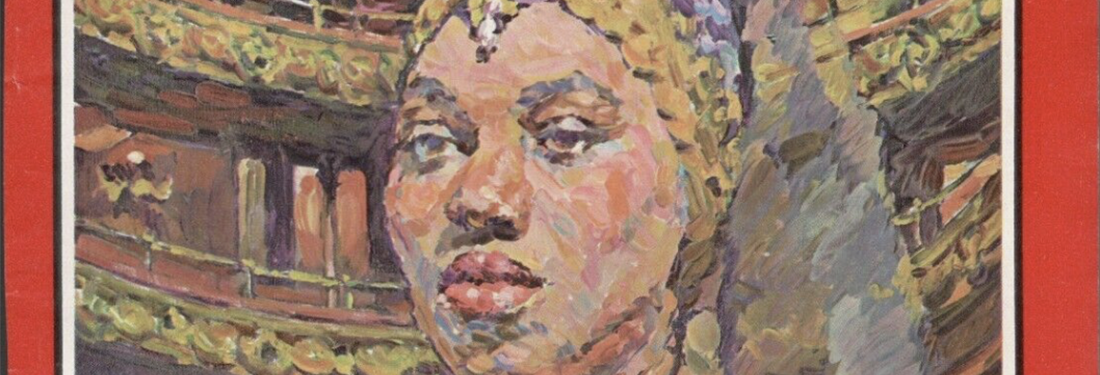
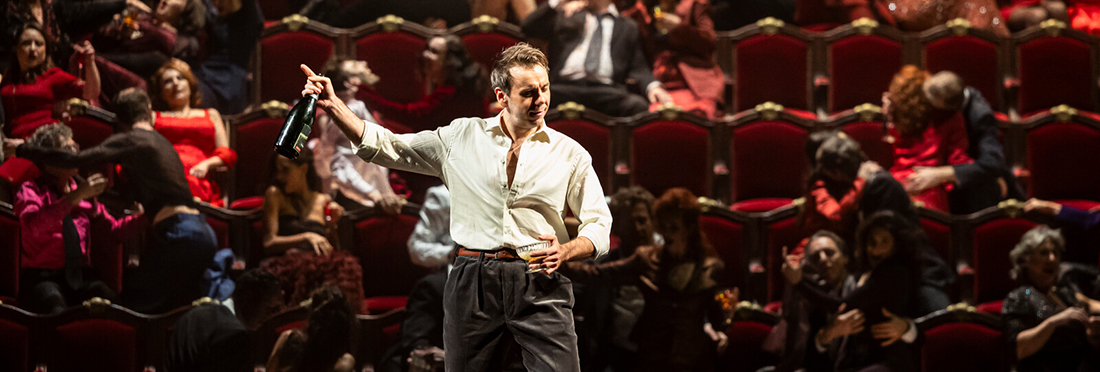
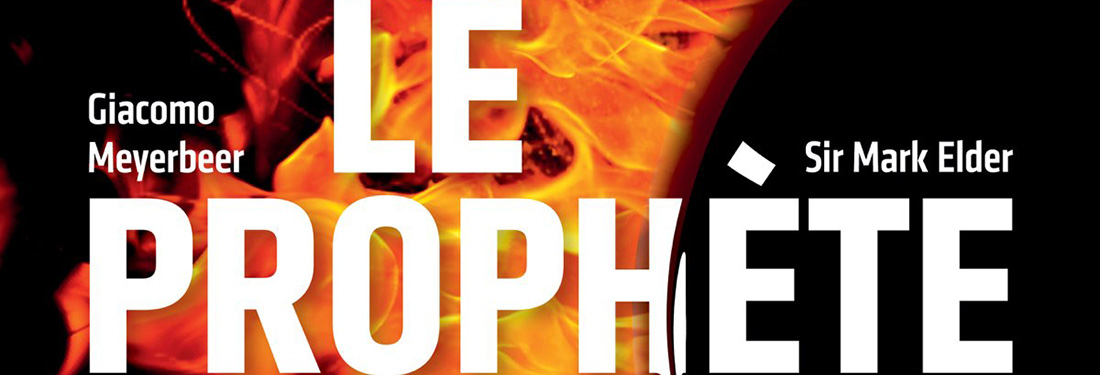
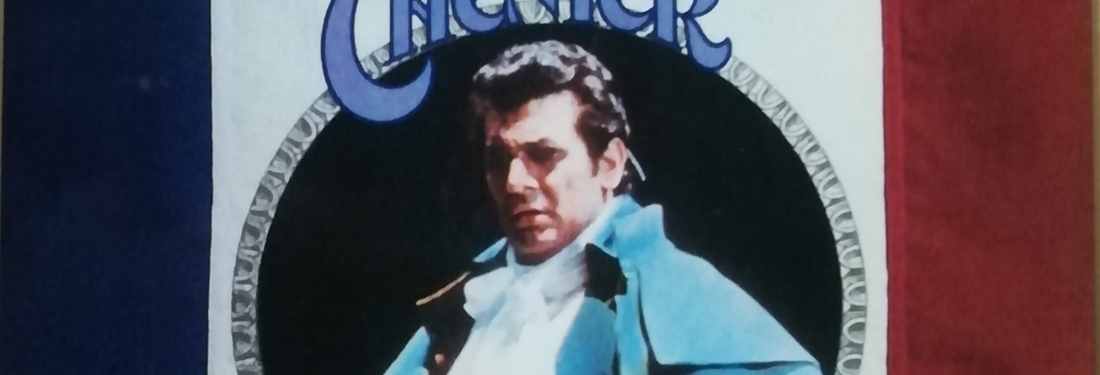
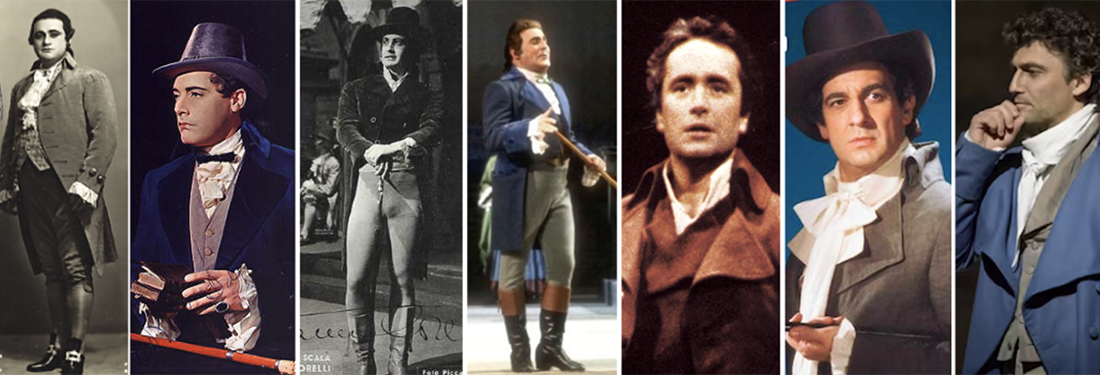
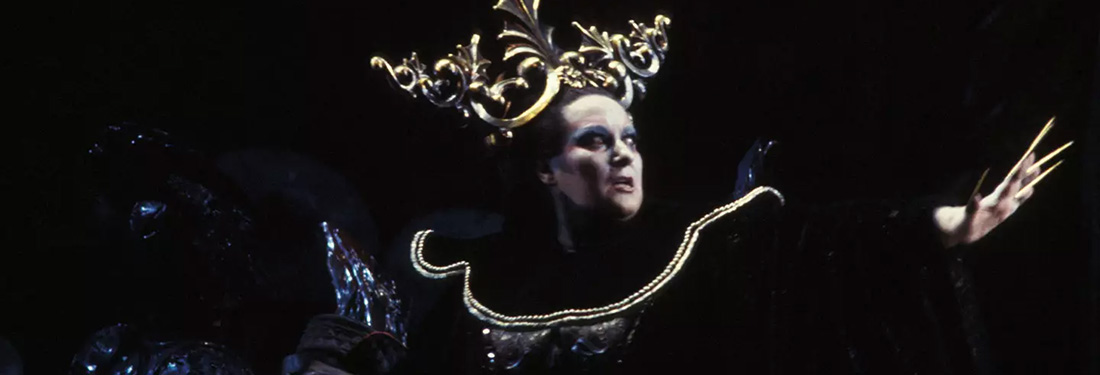
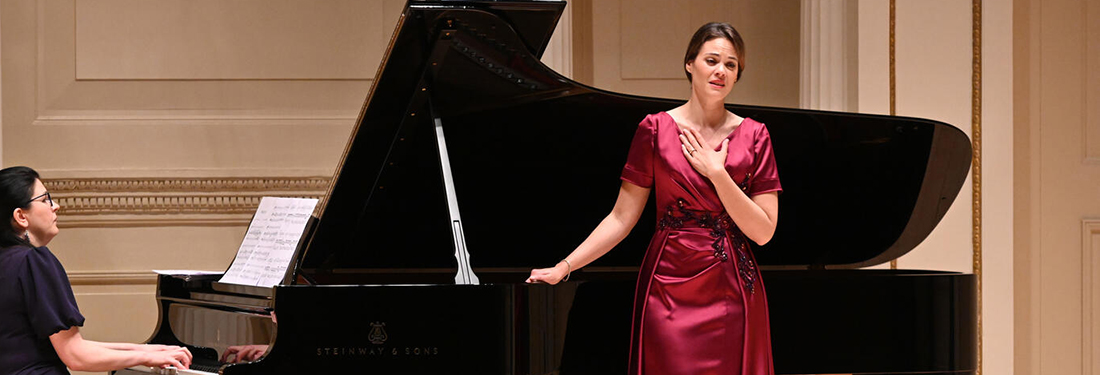
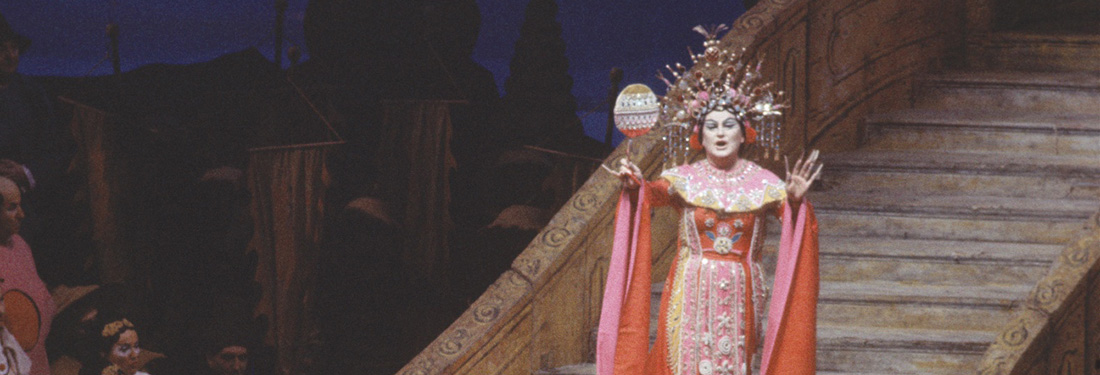
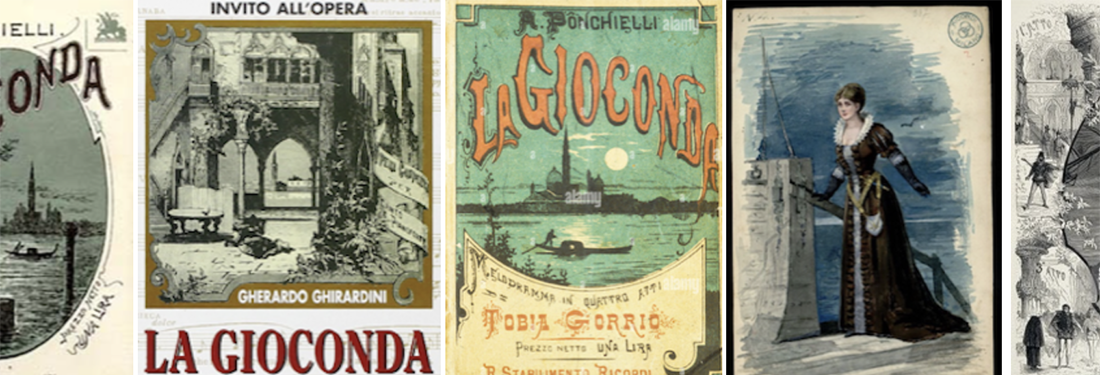
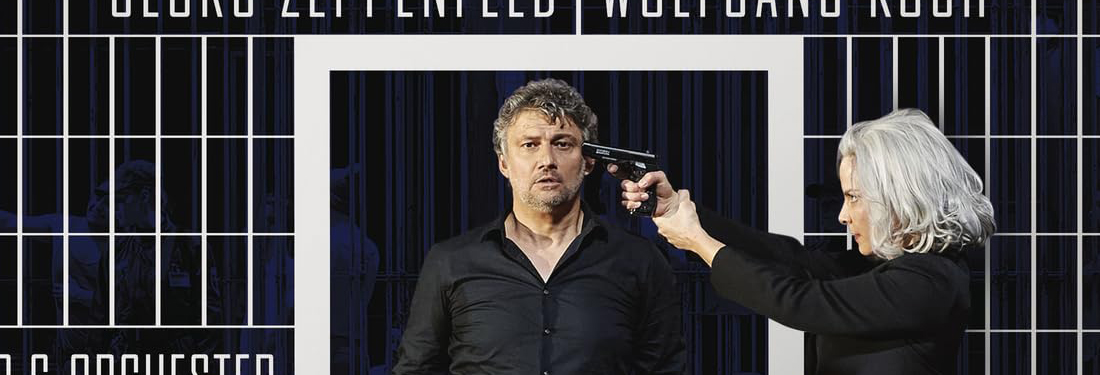
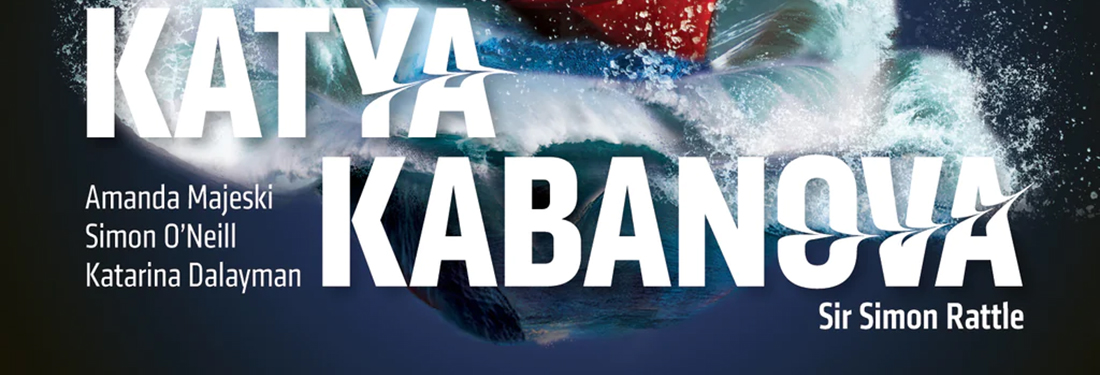
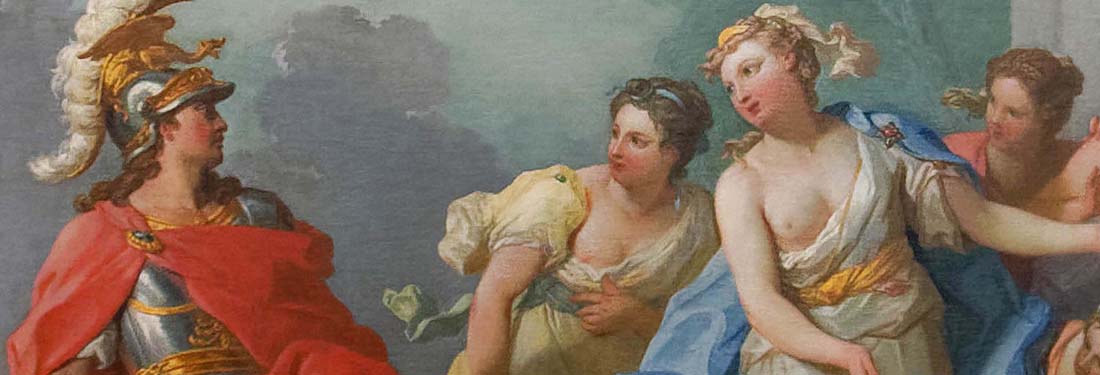
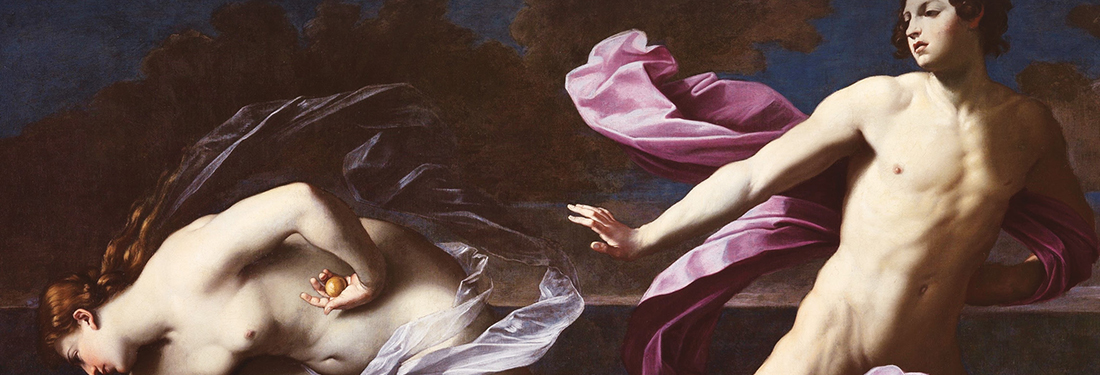
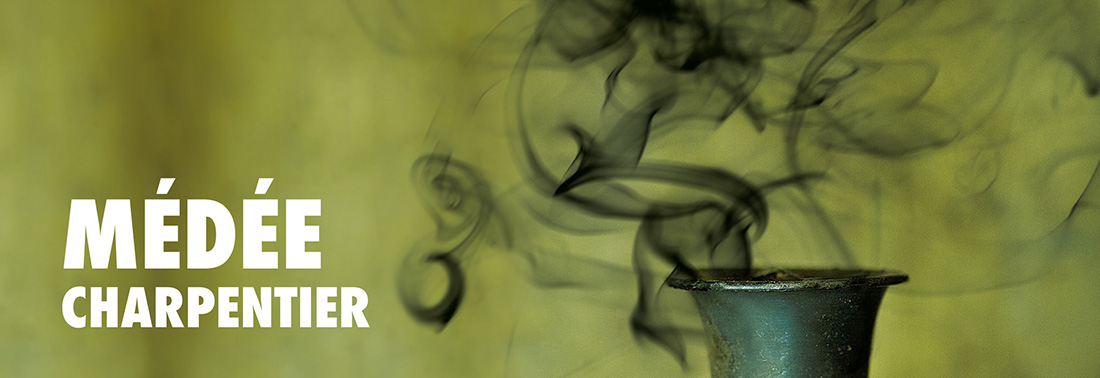
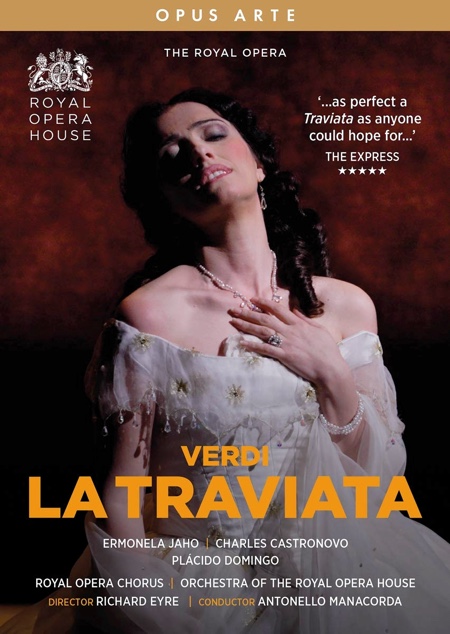

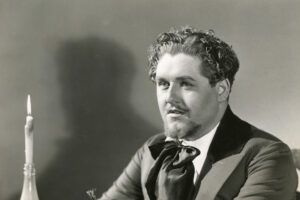




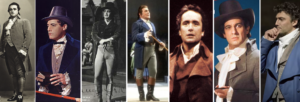
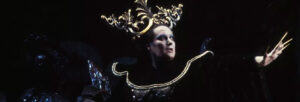




Comments